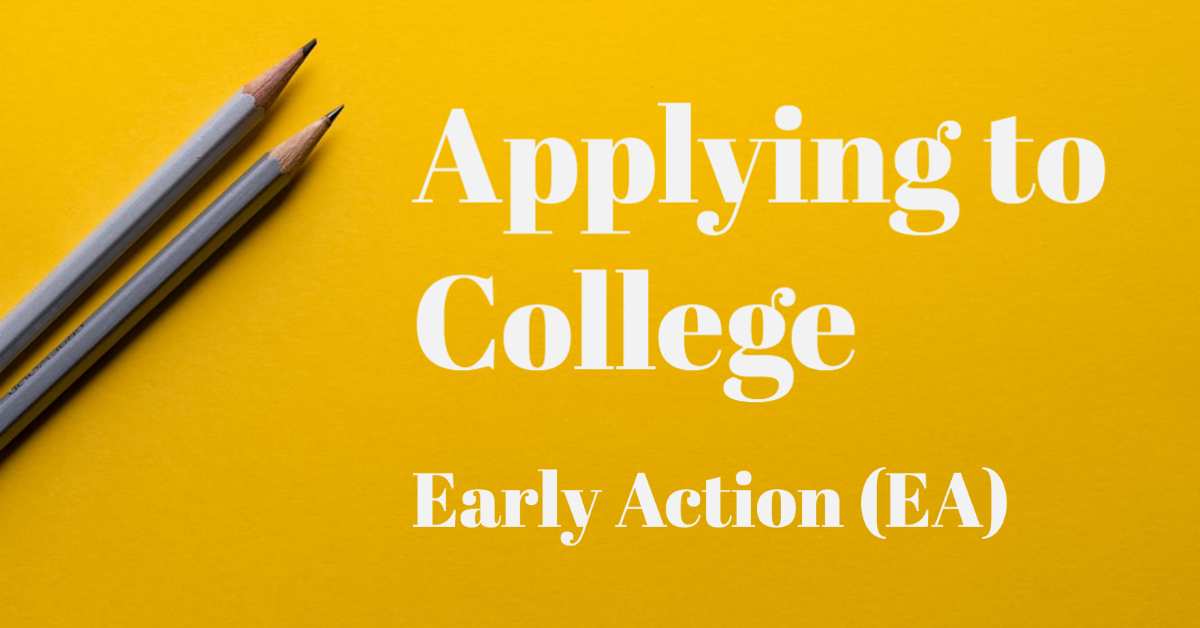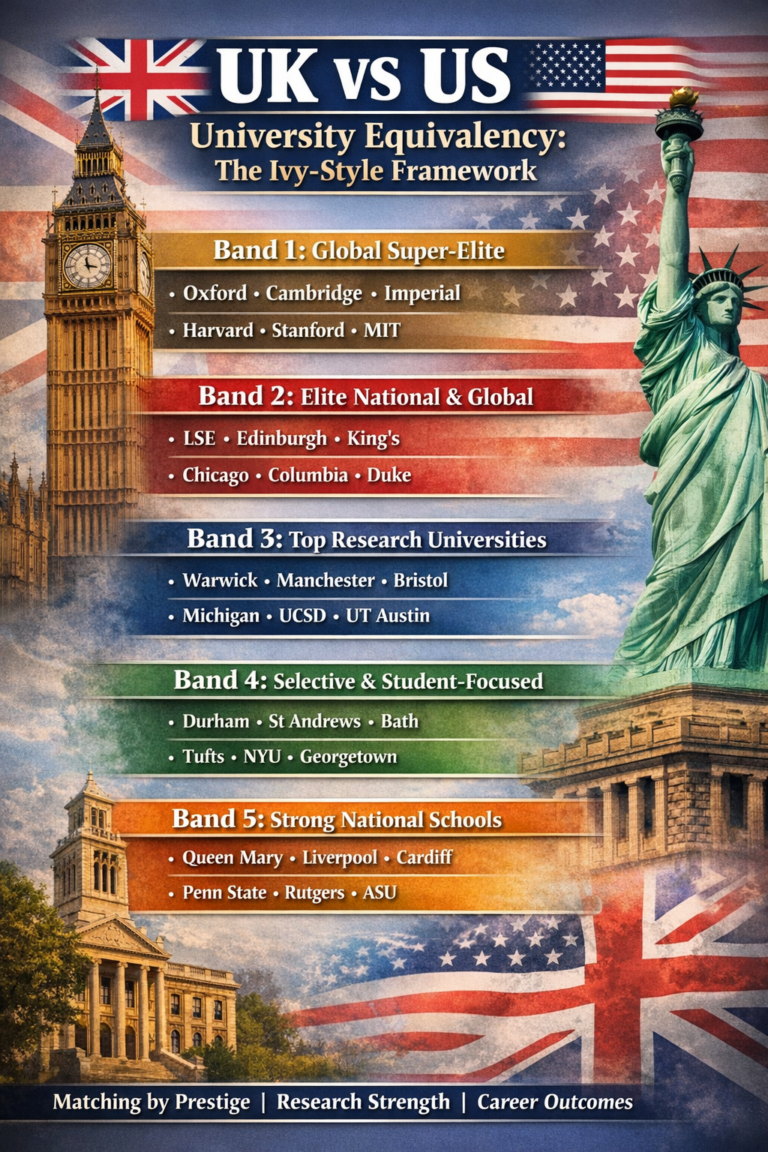Should you apply Early Action?
Applying to college is a journey filled with decisions—one of the most strategic being whether or not to apply Early Action (EA). Offered by many top public and some private universities in the U.S., EA typically comes with a November deadline, giving students the chance to be evaluated early in the admission cycle.
But what does applying Early Action really mean—and should you do it?
Public Vs Private | Ivy Central
What is Early Action?
Early Action (EA) allows you to submit your application early and receive an admissions decision by December or January—months ahead of Regular Decision (RD) applicants. Importantly, EA is usually non-binding, which means you’re not obligated to attend if admitted.
However, not all Early Actions are created equal. Let’s break it down:
-
Non-Restrictive Early Action (NREA): You can apply EA to multiple colleges.
-
Restrictive Early Action (REA): You can apply early to only one private institution, though most allow applications to public universities’ EA programs.
Examples of REA colleges include:
-
Harvard University
-
Yale University
-
Stanford University
-
University of Notre Dame
-
Georgetown University
Why Consider Applying Early Action?
1. Smaller, More Manageable Applicant Pool
Since fewer students apply early, admissions officers can give your application more attention. This may slightly increase your chances of admission at some schools.
2. Reduced Uncertainty
Getting an acceptance letter in December can be a major confidence boost, and reduce the number of RD applications you need to submit. It also gives you more time to plan the next steps calmly.
3. Better Access to Financial Aid & Scholarships
Many schools allocate a significant portion of merit-based aid during the early round. If your application is strong, you could receive competitive aid offers sooner.
4. Shows Demonstrated Interest
Applying early signals to colleges that you are organized, prepared, and genuinely interested in them, qualities many institutions value.
When Should You Apply Early Action?
Here are situations when applying EA may make sense for you:
Your Grades Are Strong
If your transcript through Grade 11 is impressive and you’re not banking on your mid-year Grade 12 results to significantly boost your GPA, EA could be the way to go.
Your Extracurriculars Tell a Compelling Story
If you’ve already completed significant projects, internships, or leadership experiences—like a Capstone Project, a research paper, or founding an initiative—these can powerfully support your EA application.
You’re Ready for College Interviews
Some universities conduct interviews soon after EA deadlines. Being prepared for interviews shows you’re serious and helps personalize your application.
Your Recommendation Letters Are Finalized
Ensure your teachers and counselors are ready to submit thoughtful, well-written letters before the EA deadline.
You’ve Taken or Scheduled Standardized Tests
If your SAT or ACT scores are already strong (or will be available by the EA deadline), you’re in a great position to apply early.
When You Might Not Want to Apply EA
-
You need more time to improve your grades or test scores.
-
You haven’t finalized your recommendation letters or personal statement.
-
Your extracurricular profile needs a final, impactful addition (e.g., awards, competitions).
-
You’re unsure about where you stand in terms of your college preferences.
Strategic Considerations
-
Some schools do not offer any significant admissions advantage for EA vs RD.
-
Applying EA won’t necessarily improve your chances unless your application is already strong.
-
Be mindful of “yield protection,” where colleges are selective about whom they admit early to maintain high yield rates (the percent of admitted students who enroll).
-
If you’re applying to highly competitive schools, consider whether a stronger Regular Decision application might be more strategic.
Final Thoughts: Is EA Right for You?
Early Action can be an excellent strategy for students who are well-prepared, academically strong, and ready to hit “submit” by November. However, it’s not a one-size-fits-all solution.
Work with an experienced college counselor to evaluate:
-
Which schools offer EA or REA,
-
The competitiveness of your application by fall,
-
Whether early deadlines support your broader strategy.
At Ivy Central, we help you take the guesswork out of college admissions. Whether it’s Early Action, Early Decision, or Regular Decision, we work with you to build a timeline, elevate your narrative, and submit applications with confidence.
Start planning today — early birds don’t just get in early, they get in smarter.
Prepare your profile: Math Competitions You Can Participate In | Ivy Central









